We’re working with the Congolese government and our partners across Africa to distribute medication to protect people from lymphatic filariasis.
Sightsavers in the Republic of Congo
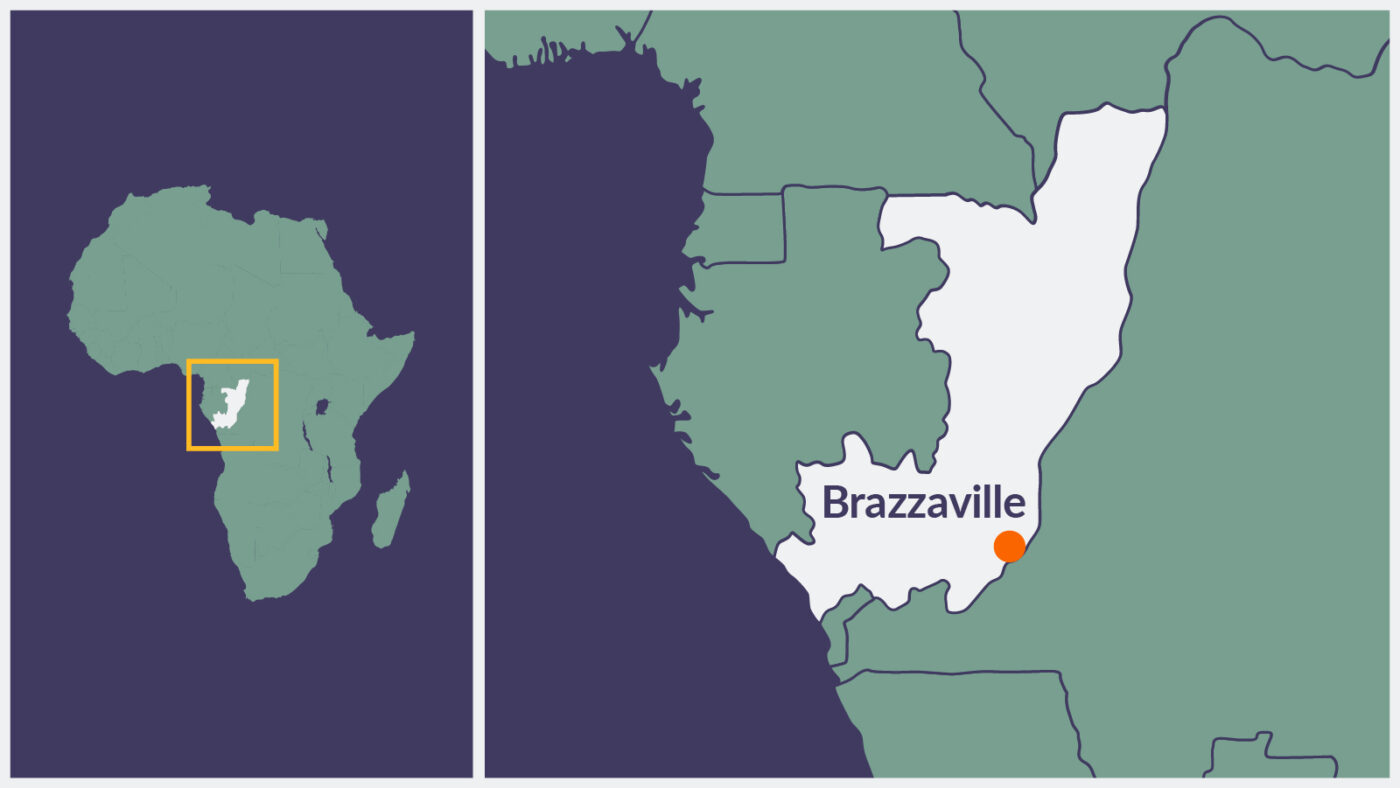
The Republic of Congo is a small, urbanised country on the west coast of central Africa.
While the country is one of Africa’s main oil exporters and has rich natural resources, economic instability and conflict have led to very high rates of poverty.
The government has recently improved and invested in the national health care system, yet it still lacks qualified staff and vital resources. Lymphatic filariasis is just one of the diseases that’s endemic in the country, putting more than a million people at risk from illness and disability.
Sightsavers and partners are supporting the Republic of Congo’s ministry of health to eliminate lymphatic filariasis by distributing medication to protect people from the disease, as well as improving the quality of treatment by training health workers and volunteers to give out medication in the community.
Facts about the Republic of Congo
- Population: 5 million
- Capital: Brazzaville
- Official language: French
- Human development index (HDI) ranking: 153 (medium)
Many people in the Republic of Congo are at risk of lymphatic filariasis, which is transmitted via mosquito bite. It can cause painful swelling of body parts, which can lead to permanent disability.
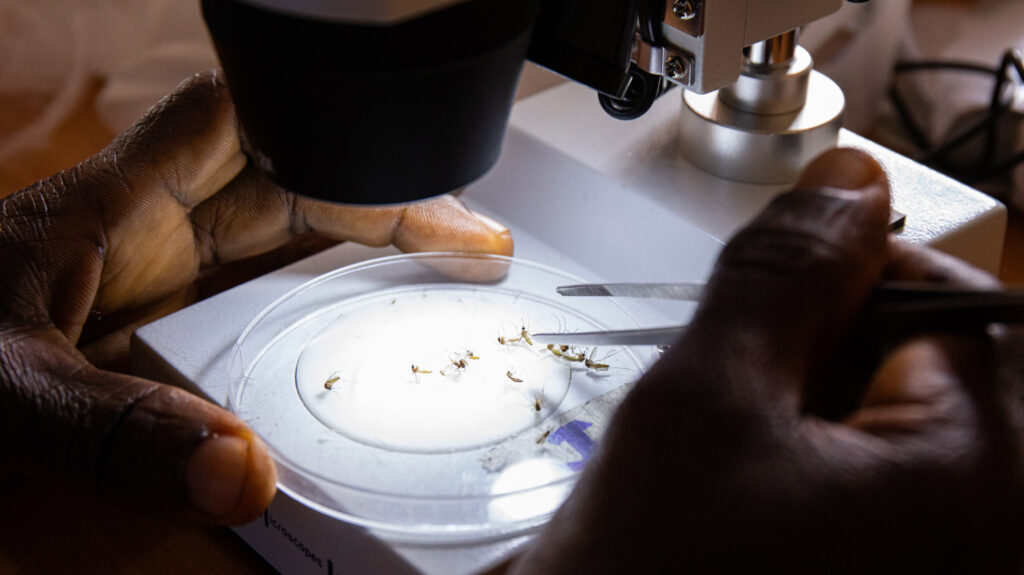
How you can help
Our work in the Republic of Congo is helping to protect people from lymphatic filariasis, but there’s still more we need to do.
With your support, we want to expand our treatment programmes to other areas in the country where children and adults are at a high risk of catching lymphatic filariasis. To do this, we need your help.
Charity donations, legacies, corporate partnerships and gifts from charitable foundations are a vital source of funding for our work in the Republic of Congo. We also welcome opportunities to work in partnership with governments, institutions and development organisations.
![]() Contact us: If you have questions about our work in the Republic of Congo, would like details about our programmes or wish to discuss ways to support us, email [email protected]
Contact us: If you have questions about our work in the Republic of Congo, would like details about our programmes or wish to discuss ways to support us, email [email protected]
Latest stories from central Africa
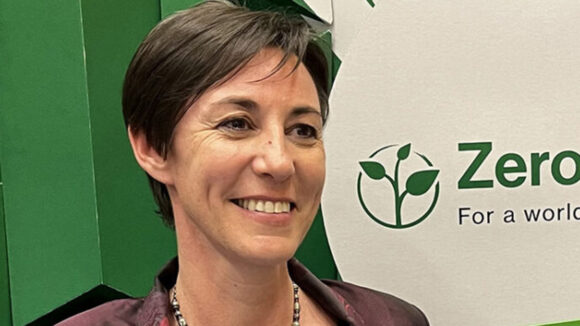
How we’re transforming political participation in Cameroon and Senegal
Sightsavers’ Laurène Leclercq shares successes from an award-winning project in Cameroon and Senegal that’s supporting people with disabilities to participate in all aspects of political life.
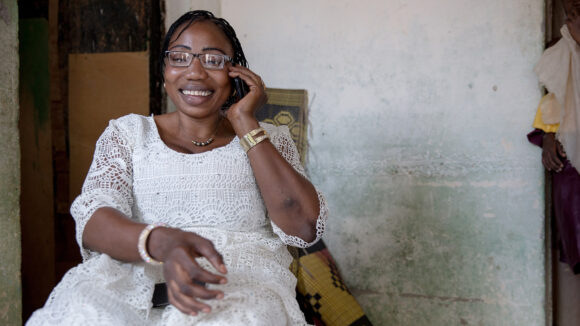
Sightsavers wins Zero Project award for work on political participation
The prize was awarded for our inclusion project which promotes the rights of people with disabilities to participate in civic and political life in Cameroon and Senegal.
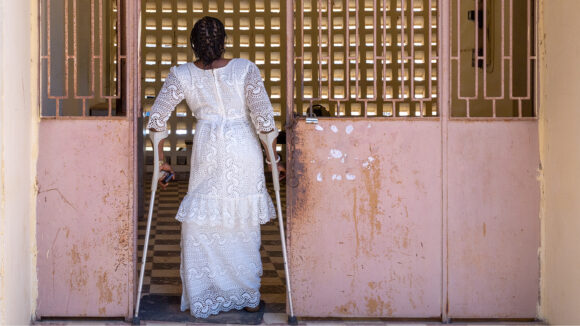
We are… promoting inclusive elections
We’re working with partners in Cameroon and Senegal to ensure people with disabilities are able to take part in every stage of the political process.